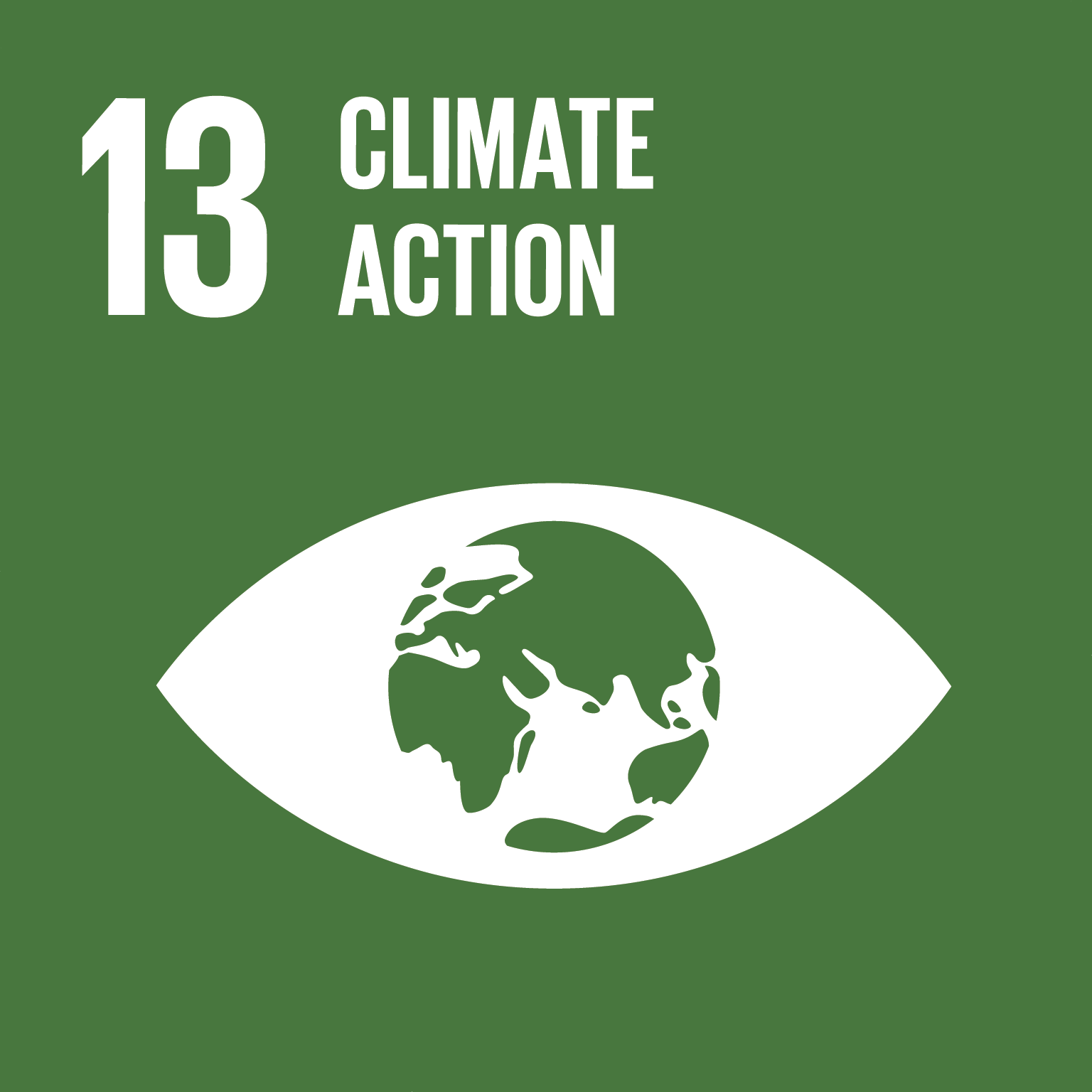
What is Climate Action?
In 2015 the United Nations General Assembly adopted the 2030 Agenda for Sustainable Development — the successor to the Post-2015 Development Agenda — establishing a global framework for progress. The Agenda crystallised into 17 Sustainable Development Goals (SDGs), envisioned as “a shared blueprint for peace and prosperity for people and the planet, now and into the future.”
This study centres on SDG 13 Climate Action, which urges every stakeholder, from UN Member States to non-governmental actors, to “take urgent action to combat climate change and its impacts” (United Nations, 2023). Governments pursue this mandate through the nationally determined contributions (NDCs) codified in the 2015 Paris Agreement adopted at COP 21, while a broad spectrum of non-state actors — including NGOs, businesses, and community groups — reinforce these efforts through their own mitigation and adaptation initiatives (United Nations, 2017).

What is the Southeast Asian Climate NPOs Repository?
The core mission of this study is to systematically document the progress and on-the-ground implementation of voluntary, non-profit climate-action initiatives across Southeast Asia. We currently cover all 10 ASEAN member states and plan to expand to additional countries in the region—and beyond—in future updates.
This site is designed as a one-stop information hub for anyone interested in the voluntary, non-profit climate-action initiatives in Southeast Asia. Click on "Database" to search by country or organisation to explore profiles of climate NPOs operating in Southeast Asia. The "Insights" tab will help you browse data-driven findings and commentary from our ongoing research; new insights are posted as they become available.
If your organisation is missing from the database — or if you have suggestions for improvement — please let us know via the "Contact Us" tab. We welcome your feedback and participation in growing this resource.

Why Non-Profit Organisations?
While most NDCs ambitiously aim to keep global warming below 1.5°C, governments alone are unlikely to achieve SDG 13 through state-led policies. This shortfall creates both space and urgency for non-state, third-sector organisations to step in (Hale et al., 2020). These not-for-profit entities operate outside the public and private spheres, and their numbers and capacity to deliver climate-action projects have grown markedly in recent years (Hale et al., 2020).
NPOs now form a pivotal pillar of national and global climate responses. Yet, despite the scale and diversity of their initiatives, rigorous evidence on their outcomes and broader impacts remains limited (Hale et al., 2020). Systematic, quantitative evaluation of the mitigation strategies they pursue is therefore essential to gauge — and enhance — the credibility of this movement (Hsu et al., 2018). By rigorously tracking the progress of NPO-led climate actions, we can build the empirical foundation needed to sustain and accelerate their momentum.